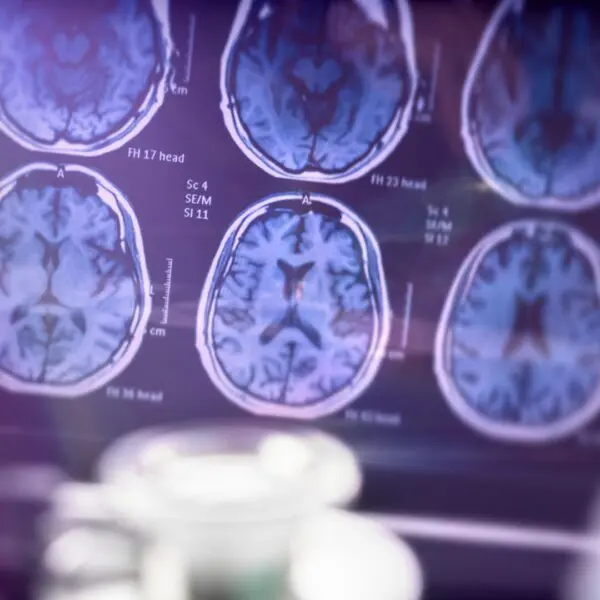For a long time scientists believed that Alzheimer’s was caused by the buildup of beta-amyloid in the brain. Along those lines, the Holy Grail of treating Alzheimer’s was to find a way to prevent this buildup of beta-amyloid, and thus stave off this dreaded disease. Unfortunately, the beta-amyloid trail of Alzheimer’s research has not led to any major breakthroughs.
I know this disease strikes many of our loved ones and as soon as I read this article, I had to share it with you all. In stunning news, researchers now consider Alzheimer’s to be a disorder of the immune system of the brain. This means they are considering Alzheimer’s to be an autoimmune condition.
They’re potentially reclassifying the disease because when brain trauma occurs or when bacteria are present in the brain, beta-amyloid is a key contributor to the brain’s comprehensive immune response. What has been observed is that fat molecules in bacteria and in the membranes of brain cells are very similar. What makes things difficult is that beta amyloid cannot differentiate between the two and begins attacking healthy brain cells.
While this is a promising area of research, scientists aren’t yet sure that this is 100% the answer to solving Alzheimer’s. Another possibility is that Alzheimer’s may be related to a mitochondrial problem while other theories include a prolonged bacterial infection or possibly abnormal handling of metals in the brain.
At least anecdotally, one would think certain regenerative medicine modalities may possibly be of some help in approaching Alzheimer’s.
Some of these modalities might include EBO2 and intravenous NAD+. However, more research is needed before we can come to these conclusions.














